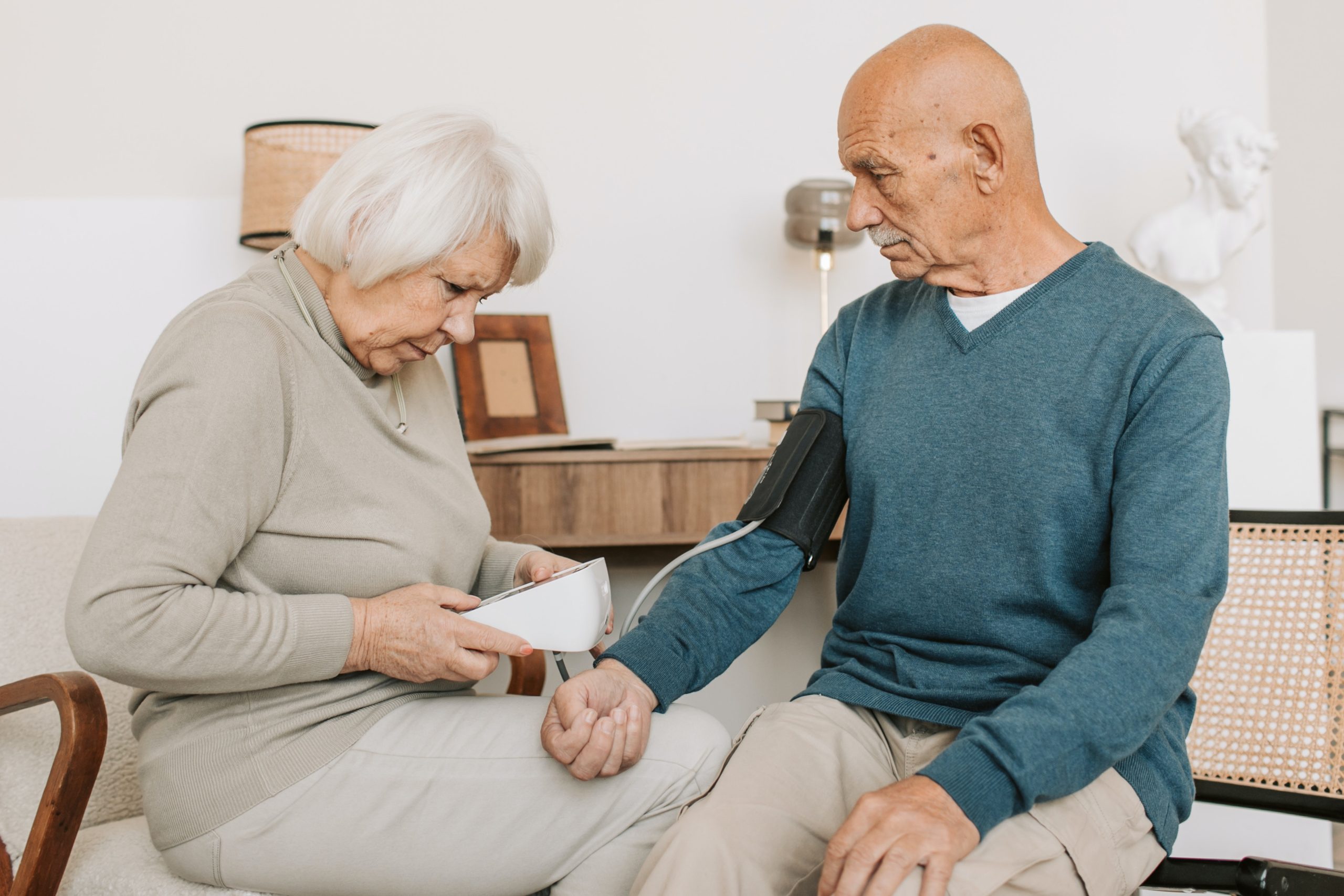Avoiding Caregiver Burnout: Tips and Strategies

The image is not directly related to the article. It merely symbolizes the life of elderly people.
Avoiding Caregiver Burnout: Tips and Strategies
What is caregiver burnout?
What are some signs of caregiver burnout?
Signs of caregiver burnout may include fatigue, irritability, sleep disturbances, depression, anxiety, and physical symptoms such as headaches or stomach pain. Caregivers may also withdraw from social activities and neglect their own needs.
How can caregivers avoid burnout?
To avoid burnout, caregivers should prioritize self-care and seek support from others. This may include taking breaks, practicing relaxation techniques such as meditation or yoga, maintaining a healthy diet, getting regular exercise, and seeking professional help if needed. It is also important to connect with others who understand the challenges of caregiving, such as support groups or online communities.
Why is self-care important for caregivers?
Self-care is important for caregivers because it helps them maintain their physical and emotional health, which in turn allows them to provide better care to their loved ones. Neglecting self-care can lead to burnout, which can negatively impact both the caregiver and the person they are caring for.
What resources are available for caregivers?
There are many resources available for caregivers, including support groups, respite care services, and online communities. Caregivers can also seek help from healthcare professionals such as social workers, counselors, or therapists. Additionally, there are many organizations and websites that provide information and resources for caregivers, such as the National Alliance for Caregiving or the Family Caregiver Alliance.
Caregiving can be a rewarding experience, but it can also be incredibly challenging and stressful. Caregivers often put the needs of their loved ones before their own, leading to burnout and exhaustion. However, by prioritizing self-care and seeking support, caregivers can avoid burnout and provide better care to their loved ones.
One of the key ways to avoid burnout is to prioritize self-care. Caregivers should make sure to take breaks, practice relaxation techniques, maintain a healthy diet, get regular exercise, and seek professional help if needed. It is also important to connect with others who understand the challenges of caregiving, such as support groups or online communities.
In addition to self-care, caregivers can also seek support from others. This may include enlisting the help of family members or friends, or utilizing respite care services to take a temporary break from caregiving duties. Healthcare professionals such as social workers, counselors, or therapists can also provide valuable support and guidance.
There are also many resources available for caregivers, including support groups, respite care services, and online communities. Organizations such as the National Alliance for Caregiving or the Family Caregiver Alliance provide information and resources for caregivers.
Overall, caregivers should prioritize self-care and seek support in order to avoid burnout and provide the best possible care to their loved ones. By taking care of themselves, caregivers can ensure that they have the physical, emotional, and mental energy to continue providing care for their loved ones.
The image is not directly related to the article. It merely symbolizes the life of elderly people. Avoiding Caregiver Burnout: Tips and Strategies What is caregiver burnout? Caregiver burnout is a state of physical, emotional, and mental exhaustion caused by the prolonged and intense stress of caring for someone else. It can lead to feelings…
Recent Posts
- Empowering Caregivers: The Best Online and Offline Resources to Enhance Your Skills
- Traveling with a Purpose: The Rise of Volunteer Vacations
- Breaking Stigma: Dispelling Myths about Mobility Aids and Disability
- Avoiding Probate: How Trusts Can Simplify the Estate Settlement Process
- Senior Citizens Beware: Common Financial Scams and How to Stay Protected

